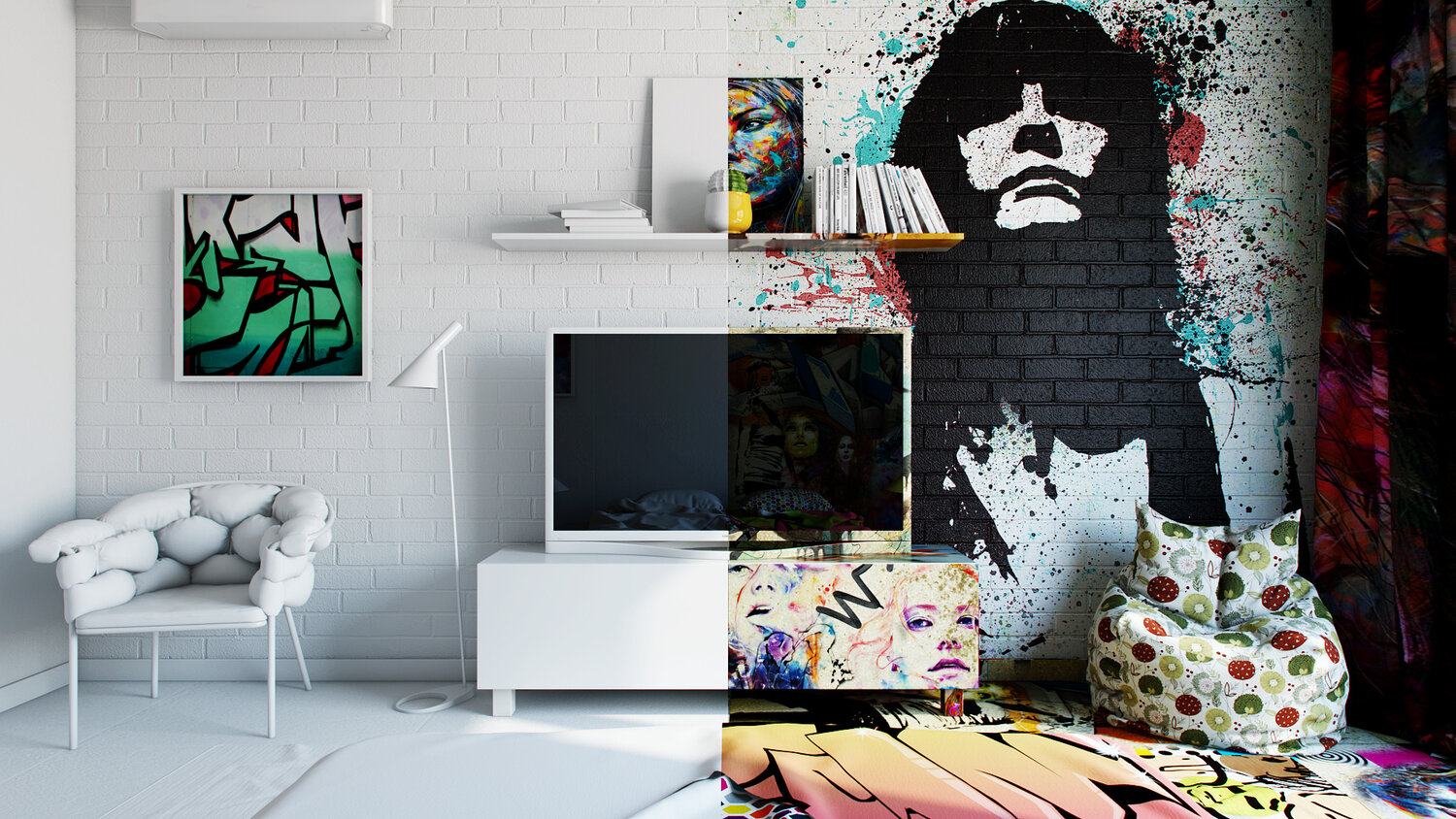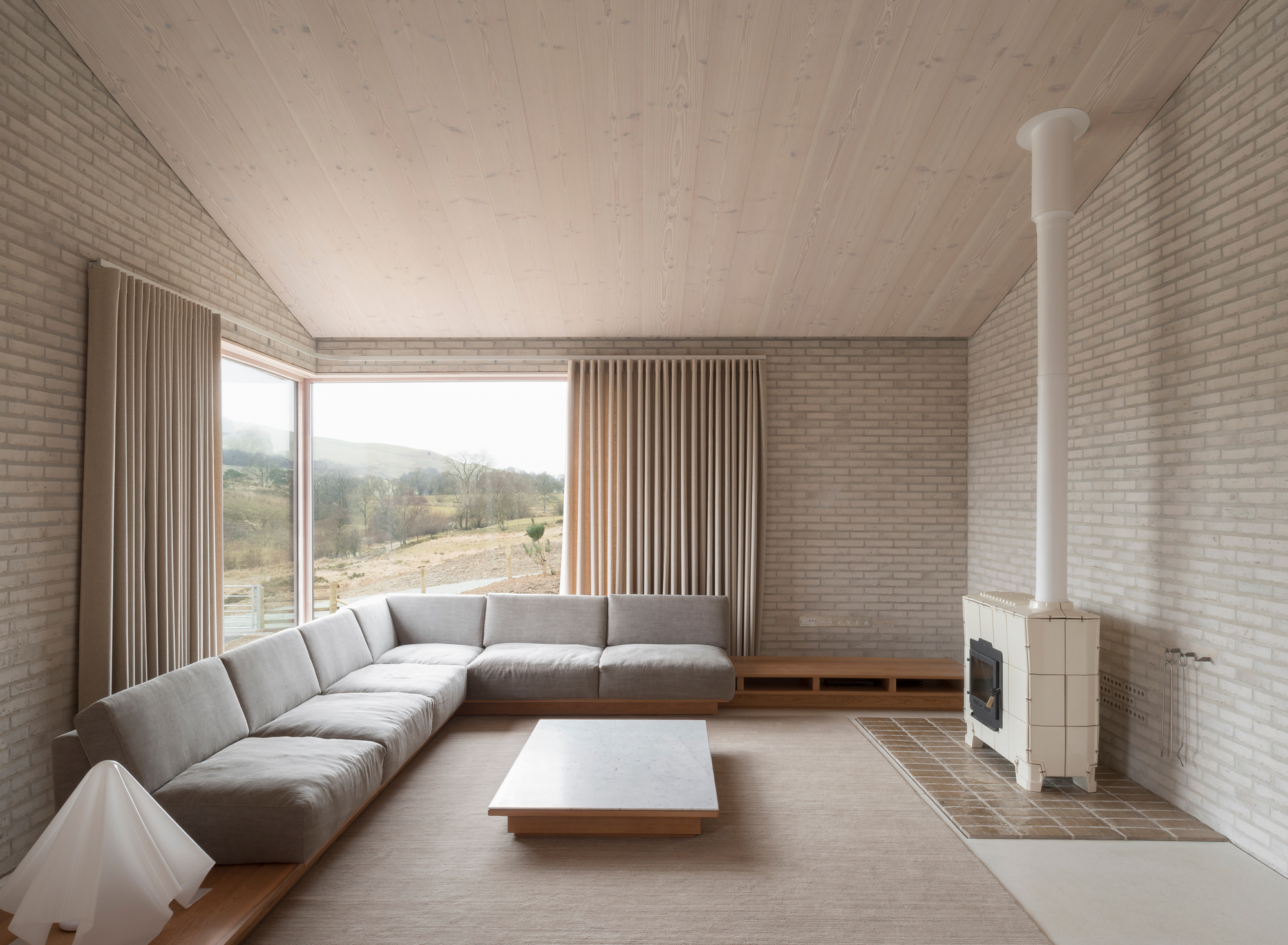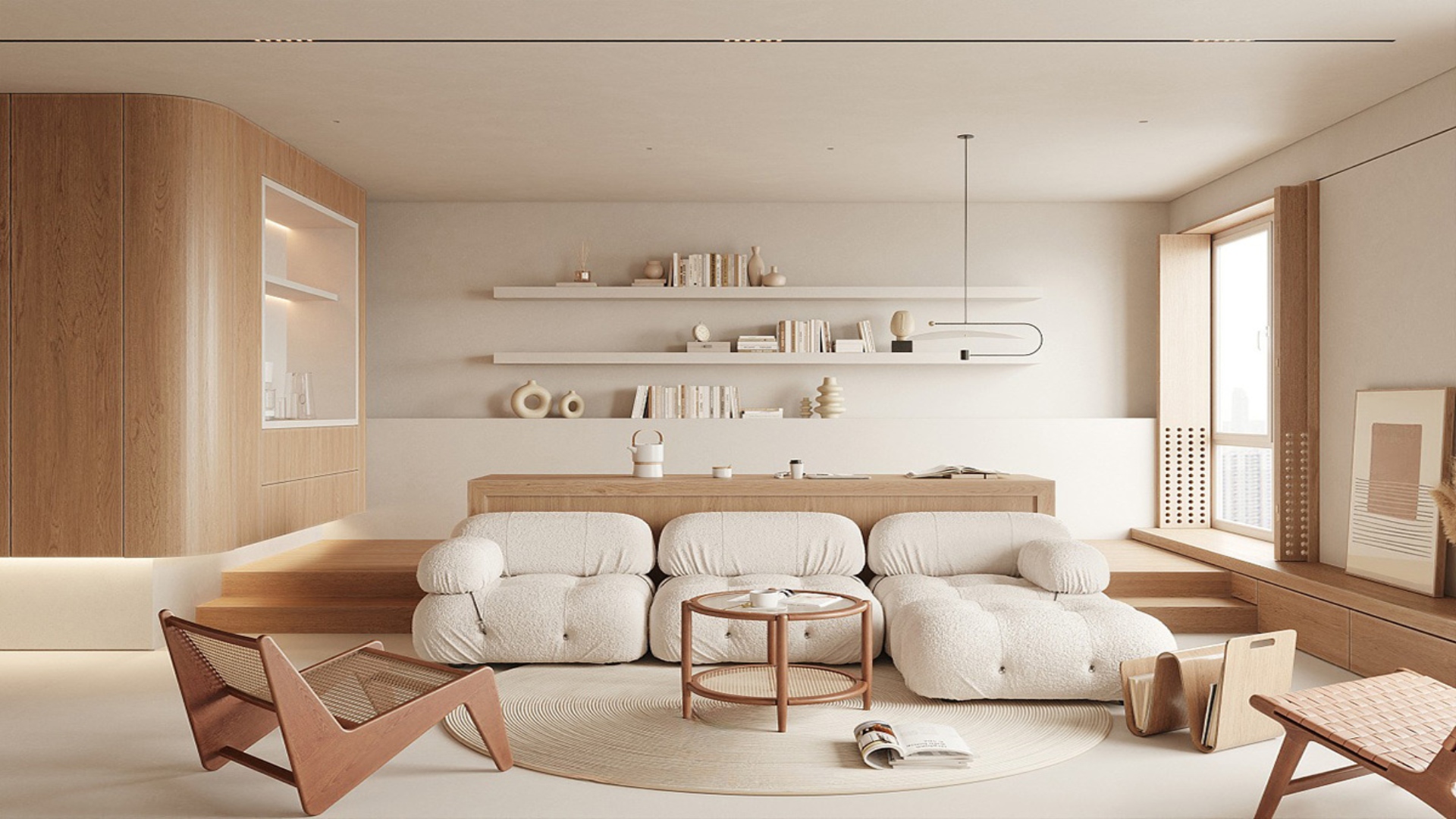Checking Out the Long-Term Impact of Minimalism on Mental and Emotional Health
Checking Out the Long-Term Impact of Minimalism on Mental and Emotional Health
Blog Article
Understanding Minimalism: Strategies for Minimizing Mess and Enhancing Quality in Everyday Living
Minimalism is increasingly acknowledged as a sensible method to enhancing clarity and emphasis in today's messy world. By systematically reviewing our possessions and focusing on intentionality, we can create areas that not just mirror our values but also advertise psychological well-being.
Defining Minimalism and Its Advantages
Specifying minimalism includes understanding it as a lifestyle choice that highlights simpleness and intentionality in both daily regimens and physical ownerships. At its core, minimalism urges individuals to prioritize what really matters, enabling a much more significant and focused presence. By stripping away the non-essential, minimalism welcomes individuals to involve deeply with their environments and experiences.
It cultivates mental quality, as decreasing mess in one's atmosphere can lead to lowered distractions and tension. Minimalism promotes financial flexibility; by focusing on requirements over wants, individuals can make even more informed buying choices, leading to possible cost savings and minimized financial debt.
Ultimately, minimalism is not just regarding worldly decrease however involves a holistic shift in viewpoint, promoting a life characterized by balance, purpose, and gratification. Embracing this way of life can bring about profound changes in exactly how individuals regard and interact with the world around them.
Evaluating Your Current Mess
Clutter typically shows up as a frustrating buildup of things that no longer offer a purpose, producing an obstacle to achieving a minimalist way of life. Take note of details groups of things, such as clothing, publications, or cookware, as this will assist you recognize the range of the mess.

Additionally, take into consideration the frequency of use for every item. If something has actually not offered an objective in the past year, it might be a prospect for elimination. This evaluation will not just clarify your relationship with your belongings however will additionally set the structure for reliable decluttering in the future. Ultimately, recognizing your current mess is an essential step toward welcoming minimalism and improving clearness in your everyday living.

Practical Decluttering Methods
Having actually analyzed your current mess, the next action is to implement practical decluttering strategies that assist in an even more arranged living area. Minimalism. One effective technique is the "Four-Box" strategy, where you assign 4 boxes labeled: keep, contribute, trash, and relocate. This approach motivates fast decision-making and makes certain things are classified suitably
Another technique is the "One in, One out" policy, which states that for every brand-new item acquired, an existing item has to be eliminated. This principle helps preserve equilibrium and protects against accumulation in time. In addition, take into consideration the "30-Day Minimalism Game," where you get rid of one product on the initial day, 2 on the second, and so forth, cumulatively cultivating a feeling of success.
For those that have a hard time with psychological accessories to properties, the "Emotional Value" technique can be valuable. Limit yourself to a details variety of cherished things, enabling you to value their significance without overwhelming your area. Develop a regular decluttering timetable, whether monthly or seasonally, to keep a clutter-free atmosphere. By employing these strategies, you can develop a more reliable and calm space, ultimately enhancing clarity in your day-to-day life.
Creating Willful Spaces
Developing willful rooms involves a thoughtful method to just how we style and organize our atmospheres, making certain each location serves a certain objective and shows our values. This practice is necessary in growing a sense of quality and function in our daily lives. By seriously assessing the feature of each room, we can eliminate diversions and improve our total well-being.
To create deliberate rooms, begin by recognizing the primary tasks that will occur in each area. As an example, a home workplace need to be created to More Bonuses promote performance, integrating components such as sufficient lighting, comfortable furnishings, and minimal interruptions. In contrast, a relaxation location ought to advertise serenity, featuring soothing colors and site comfy seats.
Furthermore, take into consideration the emotional impact of your environments (Minimalism). Integrating individual things that reverberate with your values, such as art work or plants, can boost the connection to your area. On a regular basis examine these settings to ensure they continue to offer their intended purpose as your needs develop
Inevitably, producing deliberate spaces is about making mindful selections that straighten with your lifestyle, promoting consistency and performance in your living and working environments.
Preserving a Minimalist Attitude
Accepting a minimal frame of mind needs ongoing representation and intentionality in our actions and ideas. This strategy entails cultivating recognition of our priorities and values, allowing us to filter distractions and concentrate on what really matters. To preserve this frame of mind, normal self-assessment is important. Reserve time to examine your dedications, ownerships, and even digital content, ensuring they line up with your core concepts.
An additional key strategy is to exercise gratitude. Acknowledging what you already possess fosters contentment and reduces the wish for extra. This change in viewpoint motivates appreciation for simplicity, improving overall well-being. Integrating mindfulness strategies, such as reflection or journaling, can additionally strengthen a minimal way of thinking by promoting quality and lowering psychological clutter.
In addition, establish boundaries to safeguard your time and power. Learn to state no to non-essential responsibilities and interruptions that do not add to your individual growth. Surround on your own with similar people that sustain your minimalist journey, as shared worths can boost motivation and accountability.
Final Thought
Finally, accepting minimalism supplies significant benefits, consisting of lowered mess and improved clearness in day-to-day live (Minimalism). By systematically analyzing properties and address carrying out practical decluttering methods, individuals can develop intentional rooms that cultivate mindfulness and gratitude. Maintaining a minimalist mindset requires ongoing evaluation and dedication to simpleness, inevitably leading to an extra concentrated and meeting way of living. The concepts of minimalism work as important devices for cultivating a setting that supports individual development and well-being.

Furthermore, consider the "30-Day Minimalism Game," where you eliminate one thing on the very first day, two on the second, and so forth, cumulatively promoting a sense of success.
In conclusion, accepting minimalism provides significant advantages, consisting of lowered mess and enhanced quality in daily life.
Report this page